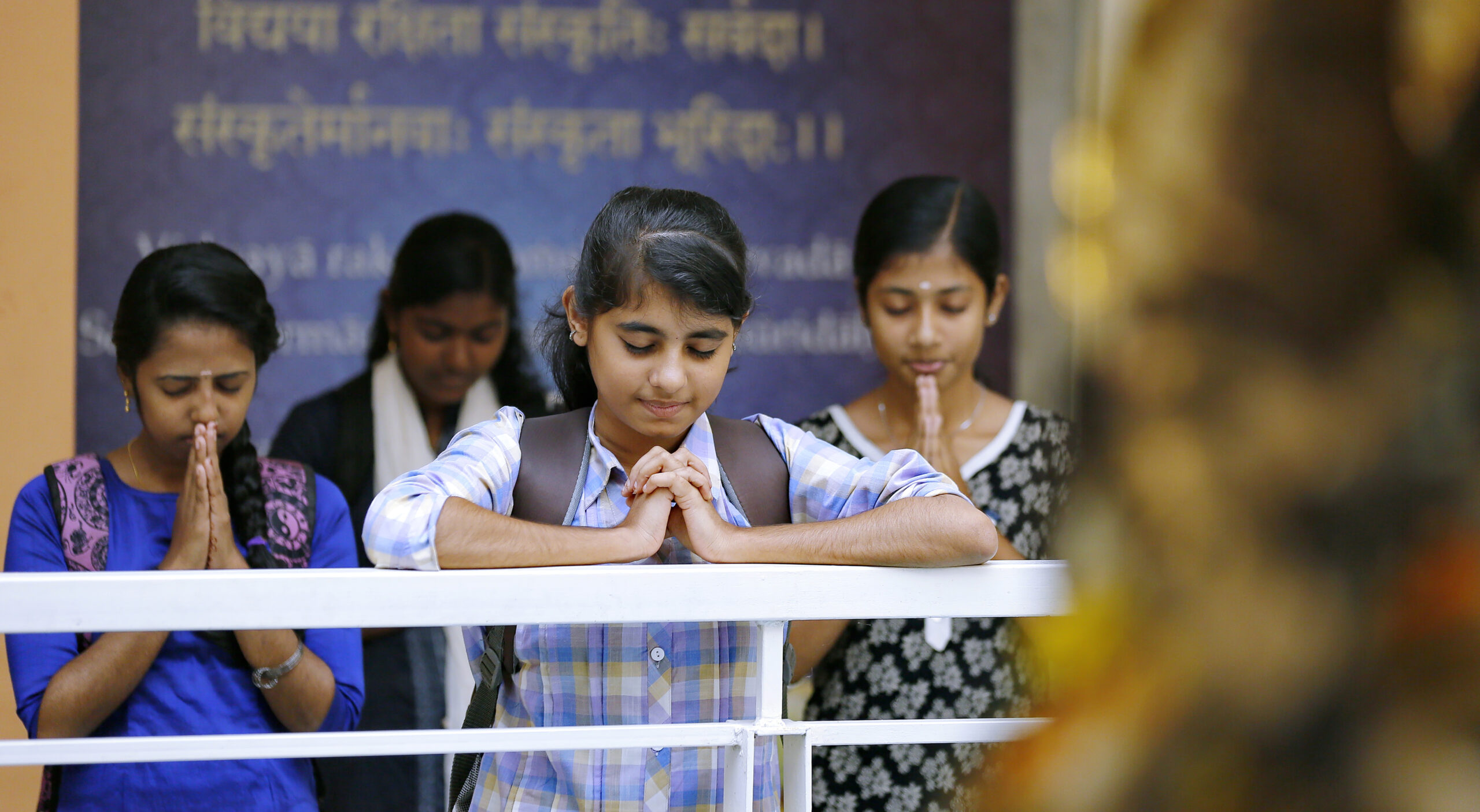The fact that Sanskrit is one of the oldest languages in the world is no secret. Many languages that people use every day to communicate have their roots in Sanskrit in one way or the other. Undoubtedly, Sanskrit, though sparsely used these days, will always be relevant because of its wide usage in religious literature, primarily in Hindu texts.
Sanskrit, however, is not restricted to just Hindu compositions. It has been extensively used in ancient Jain and Buddhist texts, too. Scholars trying to decipher ancient literature are usually proficient in Sanskrit language.
In short, Sanskrit has been the prime vehicle of intellectual, literary, and religious expression in the olden times in India.
A degree in Sanskrit can be of help for learners who wish to study the ancient language.
It is no surprise that not just India, where the language originated, but other European countries, too, are trying to revive Sanskrit, thus opening up wide career avenues with the language at the core.
Learners willing to pursue a degree in Sanskrit must ensure that the college and the programme they enrol for introduce them to all three aspects — Vyākaraṇa, Advaita Vedānta and Sāhitya.
One such college that imparts comprehensive knowledge in Sanskrit, blending traditional approaches with contemporary applications, is Chinmaya Vishwa Vidyapeeth (CVV) in Kerala.
The undergraduate degree at CVV is offered by School of Linguistics and Literary Studies, which aims to equip learners with a strong grasp over Sanskrit as a language, and to prepare them for careers in teaching, research or popular dissemination of advanced ideas in areas such as Sanskrit literature, poetics, aesthetics and linguistics.
Bachelor of Arts (BA) in Sanskrit programme offered by ILS is a popular programme across all universities, not only in India, but also abroad.
Learners enrolled in this programme will be able to secure knowledge of other streams such as Linguistics, Finance, Management, Governance, Psychology and Leadership.
Why choose CVV?
CVV, under Chinmaya International Foundation (Adi Sankara Nilayam, Ernakulam, Kerala, India), has been established as a torchbearer for preservation of Indian culture, heritage, its knowledge and traditions through higher education.
At the heart of the institution are its efforts to blend the ancient and time-tested wisdom of India with present-day knowledge fields.
The institute aims to integrate the best practices of modern pedagogical advances with the beauty of the traditional Gurukula model of learning and prepare learners to address contemporary challenges, inspiring them to leave a positive impact on the world.
Career Opportunities after BA Sanskrit
Sanskrit graduates have a wide range of career options available at their disposal. Let’s take a closer look at some of them.
Interpreter/Translator: Interpreters & Translators are the ones who play a huge role when it comes to facilitating smooth flow of conversation between people of diverse ethnicities.
For a person who is familiar with English or a comparatively commonly use language, along with Sanskrit, the role or job of a mediator or an interpreter could come easy to him or her.
As not many individuals know how to speak and learn Sanskrit today, degree holders in this ancient language could also help deciphering olden texts, thus aiding historical research and studies.
Educator/Teacher: As many schools and colleges have taken to introducing Sanskrit as a subject, the demand for educators who have a good command over the language would naturally keep growing.
It goes without saying that a degree in Sanskrit from a reputed college would definitely give job aspirants an edge.
Pharmacologist – There are many areas in Ayurveda that still needs thorough research and study. As Ayurveda has largely been derived from the Vedas, researchers, to this day, refer to ancient texts written in Sanskrit for understanding better this system of medicine which is unique to India.
Even for physicians, well-versed knowledge and appropriate understanding of Sanskrit is essential for practising Ayurveda.
Anthropologist
Anthropologists are smitten with the study of diverse cultures, languages, and social classes in various parts of the world. They investigate antiques and documents to gain better knowledge of the past.
For an anthropologist who knows Sanskrit, deciphering manuscripts or ancient texts which may have originated in India will be far easier.
Linguist
Linguists study, document, analyze, and preserve languages by carrying out fieldwork and establishing literacy programmes. As a linguist, a professional can certainly explore the possibilities and limitations of classical Sanskrit.
Linguists can also shed more light on the semantics involved in the Sanskrit language and the Indo-Aryan culture as a whole.
The Conclusion
CVV is one of the premier institutes in India, with a noble lineage in education. And our value system is even older than our legacy! At CVV, we leave no stone unturned to provide our students with a hands-on and immersive educational experience.
To know more about our programmes, connect with us at: admissions@cvv.ac.in | 1800-270-4888 (Toll-free)|+91 75588 96000 for more details.

